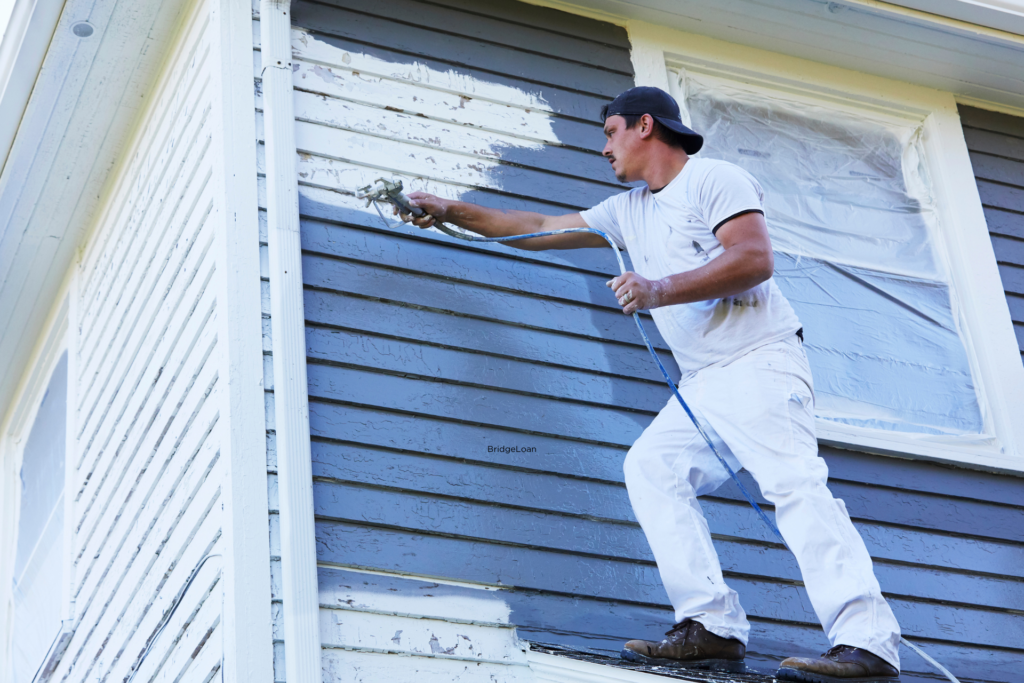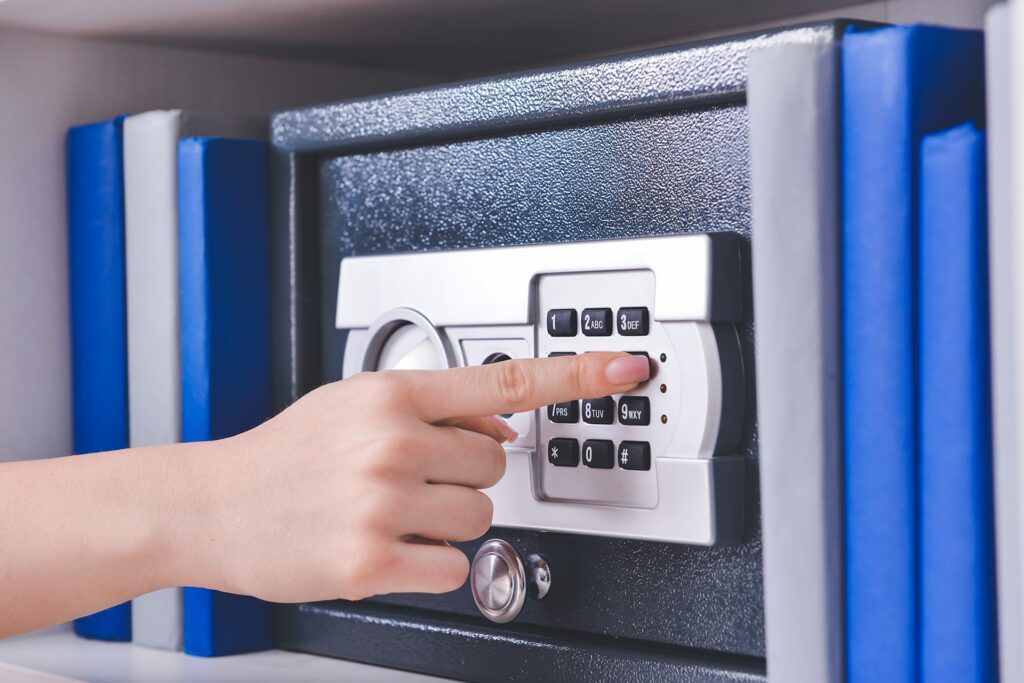Table of Contents
Buying a home is a major milestone, but when it comes to finding your forever home, how do you decide? There are countless factors to consider including single or multi-story, square footage, features, and amenities. Another key consideration is the home’s age and current condition. Like cars, many buyers gravitate toward newer homes, but older homes offer unique charm and history. So let’s review what factors should be considered when buying an old house that needs work.
How Old Is Too Old for a House?
The age of a home matters less than its condition, upkeep, and structural integrity. While some century-old homes can remain sturdy and functional, other older homes have issues rooted in their foundation, such as hazardous materials like lead paint or asbestos. Older homes are also usually characterized as having worn roofs, windows, and insulation.
Despite these concerns, older homes offer certain craftsmanship rarely found in modern builds. Features like hardwood floors, intricate moldings, and vintage fixtures add character, while established neighborhoods often provide mature landscaping, larger lots, and a strong sense of community. With proper maintenance and updates, an older home can seamlessly blend history with modern living.
Ultimately, a home isn’t “too old” if it has been well cared for and can be updated to meet modern safety and efficiency standards. The real question is whether the home aligns with your lifestyle, budget, and long-term goals.
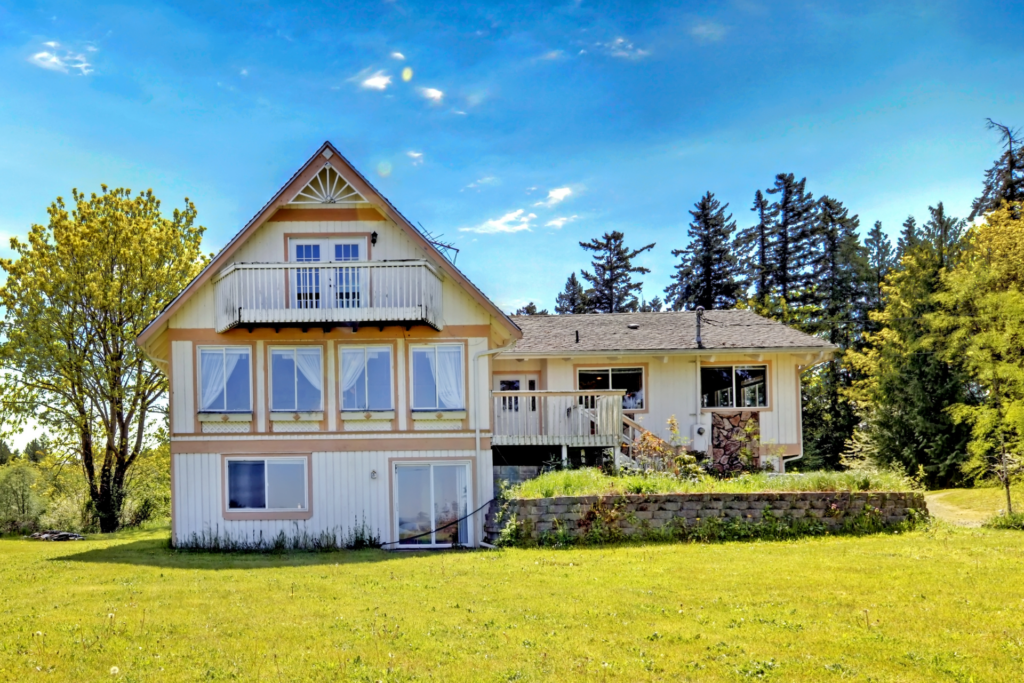
What Is a Fixer-Upper?
A fixer-upper is a home that needs repairs or renovations to be fully functional or up to date. While many fixer-uppers are older homes, not all older homes require extensive work. These properties are often more affordable upfront, attracting buyers eager to customize their space or take on a renovation project. The level of work needed can vary from minor cosmetic updates to major structural repairs, making them ideal for those willing to invest time, money, and effort.
For many, a fixer-upper presents an opportunity to build equity and create a home tailored to their vision. While challenges like unexpected repair costs can arise, careful planning and budgeting can make the process both rewarding and worthwhile.
Things to Consider When Buying an Old House
Buying an old house can be a rewarding experience, but it’s important to approach the decision carefully to ensure it fits your lifestyle, budget, and long-term goals. That’s why a house inspection during the homebuying process is very important, so you can get an idea of what the property needs and what you’re capable of handling. A house inspection will typically check for the following items:
- Structural Integrity: Foundation cracks, roof wear, and outdated electrical systems may need repairs.
- Plumbing & Electrical: Systems need to be up to code or require costly upgrades.
- Energy Efficiency: Older insulation, single-pane windows, and inefficient HVAC systems can lead to higher utility bills.
- Maintenance Costs: Expect ongoing repairs and restorations that come with aging homes.
- Pests & Mold: Check for termites, rodents, and mold, which are more common in older properties.
You should also consider factors in your control, such as:
- Modern Amenities: Updates like open floor plans, larger closets, or renovated kitchens and bathrooms may be necessary.
- Resale Value: Research how fixer-uppers or older homes in the area hold or increase their value over time.
If you’re prepared for the challenges and rewards of owning a fixer-upper, you may be in the perfect position to make it yours.
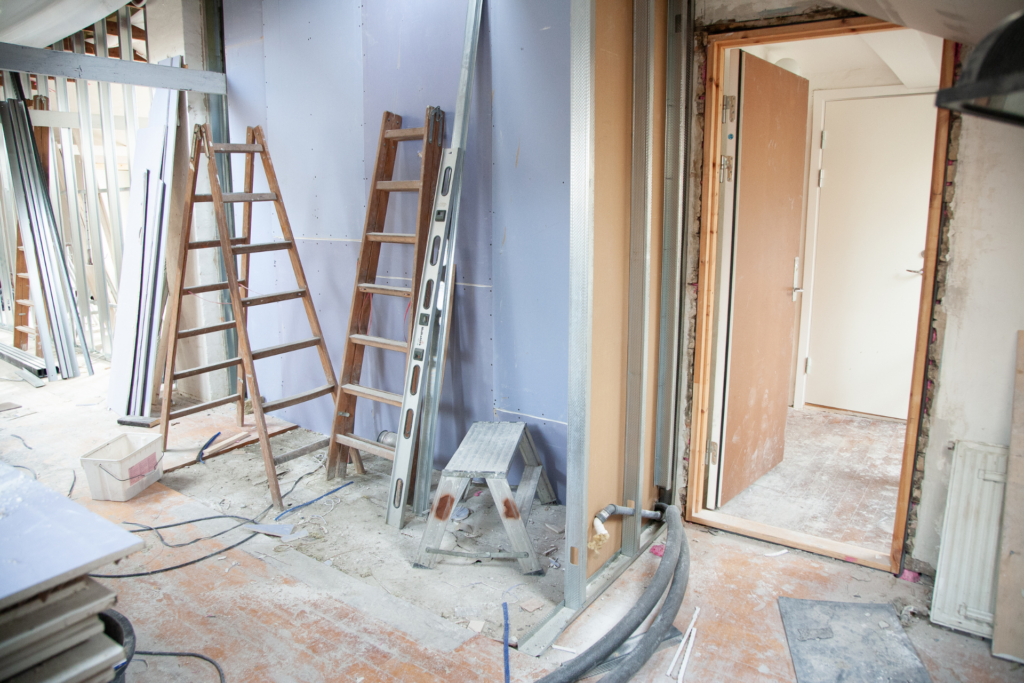
How to Find Fixer-Upper Homes
Locating a fixer-upper home starts with researching areas where such properties are common. Look for neighborhoods with older homes or transitional areas where revitalization is underway. Online platforms like MLS listings, Zillow, and Redfin often have filters for “fixer-uppers” or “needs TLC” making it easier to identify potential properties. Partnering with a knowledgeable real estate agent can also give you access to properties that fit your needs.
Be proactive in your search by driving through neighborhoods to spot homes for sale that appear neglected or under-maintained. Attend foreclosure auctions, check bank-owned property lists, or explore government programs like HUD homes.
Financing for Fixer-Uppers
Fixer-uppers can be a fantastic way to step into homeownership at an affordable price. These properties often come with lower price tags, giving buyers the chance to save on upfront costs and invest in creating a home that fits their unique vision. At RWM Home Loans, we offer flexible down payment options to make buying a fixer-upper even more accessible. Whether you’re a first-time buyer or looking for a project, our loan programs can help make your dream of homeownership a reality.
It’s important to remember that purchasing a fixer-upper also means planning for necessary renovations. While these homes can be a great deal, budgeting for repairs and improvements is key to avoiding surprises down the road. Our team can guide you through financing options that combine renovation costs with your purchase or refinance mortgage, helping you manage expenses in one simple payment.
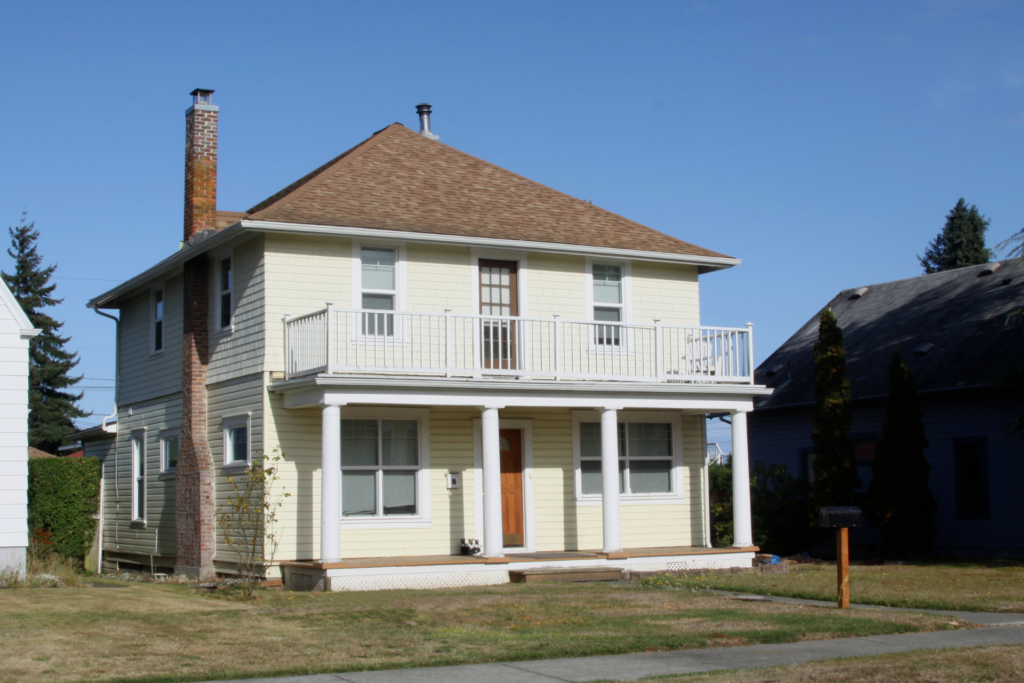
A Fixer-Upper Can Be Your Dream Home
Fixer-uppers may provide an affordable path to homeownership if you’re ready and willing to give the home the care and attention it needs. Investing in one can be a rewarding way to create your dream home or build equity. With the right approach, expert guidance, and careful planning, you can find hidden gems that align with your goals.
Wondering about down payment assistance for financing your next home purchase? We offer programs that can help you buy a home sooner than you thought possible!
